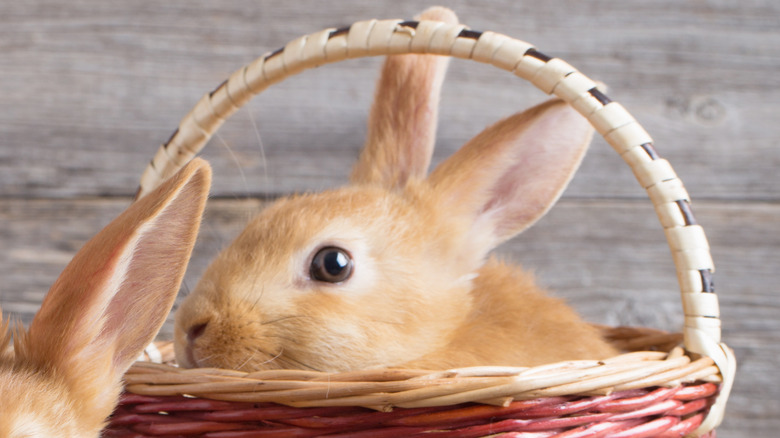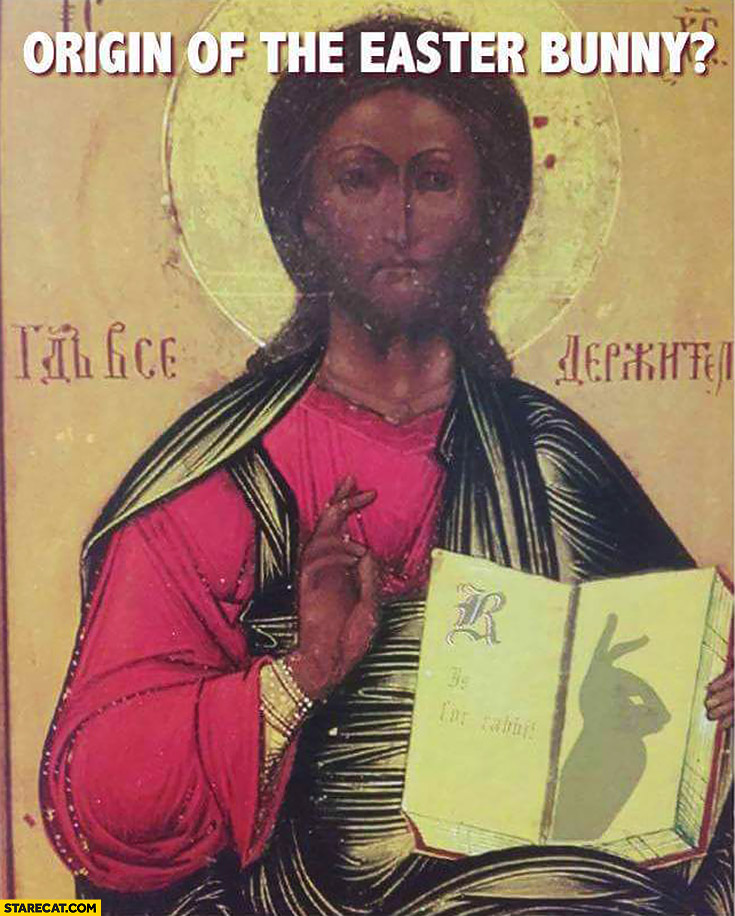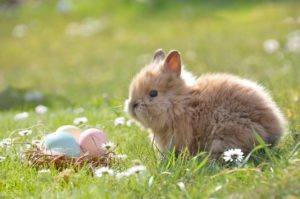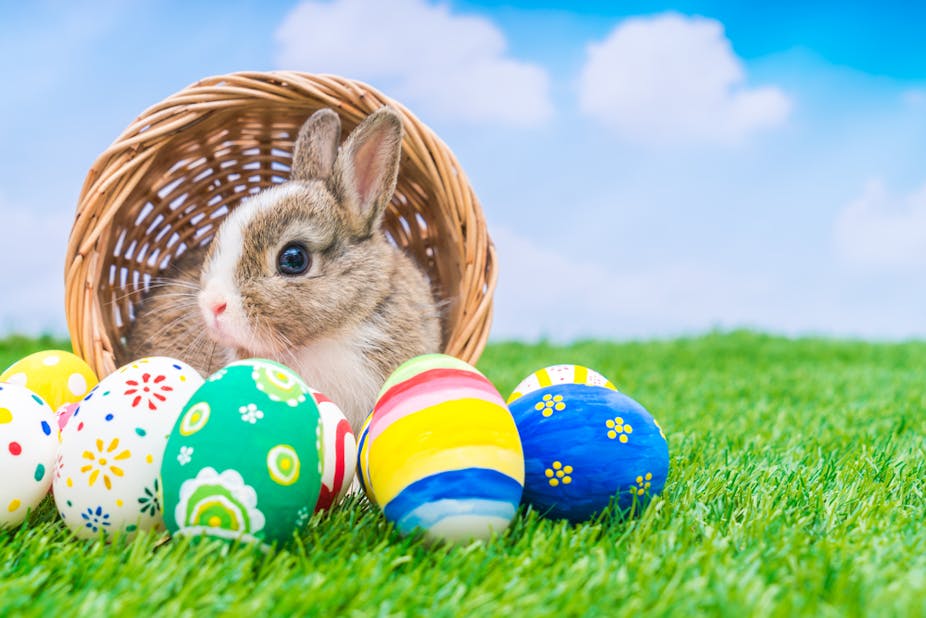Easter bunny story origin surprising choose board resurrection
Table of Contents
Table of Contents
Are you curious about the origin of the Easter Bunny? Do you want to know where this lovable, fuzzy creature came from and why it’s become such a staple of Easter celebrations around the world? Keep reading to uncover the mysteries of the Easter Bunny’s history.
What are the Pain Points Related to the Origin of the Easter Bunny?
When it comes to the origin of the Easter Bunny, some people may feel confused or curious about where this tradition came from. Others may feel concerned about the potential religious connotations of the Easter Bunny’s origins, and how it fits into their own beliefs or the beliefs of those around them. Some may simply be interested in learning more about the history and lore behind this beloved holiday character.
What is the Origin of the Easter Bunny?
The Easter Bunny has its origins in German folklore, where it was believed that a magical hare would lay eggs and hide them for children to find during the spring festival of Ostara, which celebrated the renewal of life and the changing of the seasons. As German immigrants brought this tradition to America in the 18th century, it evolved into the modern-day Easter Bunny, who delivers eggs and treats to children across the country on Easter Sunday.
What Are the Main Points About the Origin of the Easter Bunny?
In summary, the Easter Bunny’s origin can be traced back to German folklore and the spring festival of Ostara, where a magical hare would lay eggs for children to find. This tradition evolved into the modern-day Easter Bunny that we know and love today, who brings treats and joy to kids across America on Easter Sunday.
The Pagan Origins of the Easter Bunny
As mentioned, the Easter Bunny has its roots in the pagan festival of Ostara, which celebrated the coming of spring and the renewal of life. This festival was associated with the goddess Eastre, who was associated with fertility, new beginnings, and the renewal of life in nature. The hare was a symbol of Eastre because of its abundance of offspring and association with fertility.
 Over time, this pagan festival was merged with Christian traditions surrounding the resurrection of Jesus Christ, which took place during the spring. Today, the Easter Bunny is often seen as a symbol of both Christian and non-Christian holiday traditions, celebrating the joy and renewal of the spring season.
Over time, this pagan festival was merged with Christian traditions surrounding the resurrection of Jesus Christ, which took place during the spring. Today, the Easter Bunny is often seen as a symbol of both Christian and non-Christian holiday traditions, celebrating the joy and renewal of the spring season.
The Easter Bunny in Modern Times
Today, the Easter Bunny is an iconic figure during the springtime, appearing in decorations, toys, and Easter baskets across the country. Whether you’re religious or not, the Easter Bunny is a fun and whimsical way to celebrate the changing of the seasons and the joy of springtime.
 ### The Symbolism of the Easter Bunny
### The Symbolism of the Easter Bunny
The Easter Bunny is often seen as a symbol of new beginnings, fertility, and the joy of childhood. For many people, the Easter Bunny represents the renewal of life and the hope for a brighter future, which is a common theme during the spring season.
 #### The Modern-Day Easter Bunny Tradition
#### The Modern-Day Easter Bunny Tradition
Today, kids across America look forward to waking up on Easter Sunday to find baskets filled with candy and treats from the Easter Bunny. This tradition has become a beloved part of Easter celebrations, representing the joy and magic of childhood during a time of renewal and hope.
 Question and Answer
Question and Answer
1. Q: Is the Easter Bunny a religious symbol?
A: While the Easter Bunny has its origins in pagan and Christian traditions, it is not considered to be a religious symbol in the same way that the cross or the Star of David are.
2. Q: How did the Easter Bunny become associated with Easter?
A: The Easter Bunny’s origins can be traced back to German folklore and the pagan festival of Ostara, where it was believed that a magical hare would lay brightly colored eggs for children to find during the spring season. This tradition evolved into the modern-day Easter Bunny, who delivers treats and eggs to kids across the country on Easter Sunday.
3. Q: Should I include the Easter Bunny in my Easter celebrations?
A: Whether or not to include the Easter Bunny in your celebrations is a personal choice. For many people, the Easter Bunny is a fun and whimsical way to celebrate the joy of spring and the renewal of life. Others may choose to focus more on the religious aspects of Easter, or may choose to celebrate in different ways entirely.
4. Q: What is the significance of Easter eggs?
A: Easter eggs have their own fascinating history, and have been associated with various religious and cultural traditions over the years. In general, though, Easter eggs are a symbol of new beginnings and fertility, representing the renewal of life during the spring season.
Conclusion of What Is The Origin Of The Easter Bunny
The origin of the Easter Bunny is a fascinating piece of history that has evolved over hundreds of years. Today, the Easter Bunny is a beloved tradition that represents the joy and magic of childhood, the renewal of life during the spring season, and the hope for a brighter future.
Gallery
Origin Of The Easter Bunny Hand Symbol Bible Christian Catholic

Photo Credit by: bing.com / easter bunny catholic origin bible symbol christian painting hand starecat
Easter Bunny - Origin And Meaning - The Mystery Revealed!

Photo Credit by: bing.com / history
The Pagan Origin Of The Easter Bunny Explained

Photo Credit by: bing.com /
The Very Strange History Of The Easter Bunny

Photo Credit by: bing.com / easter bunny history strange very shutterstock chocolate also available
The Easter Bunny’s Surprising Origin Story | Easter Bunny, Easter

Photo Credit by: bing.com / easter bunny story origin surprising choose board resurrection





